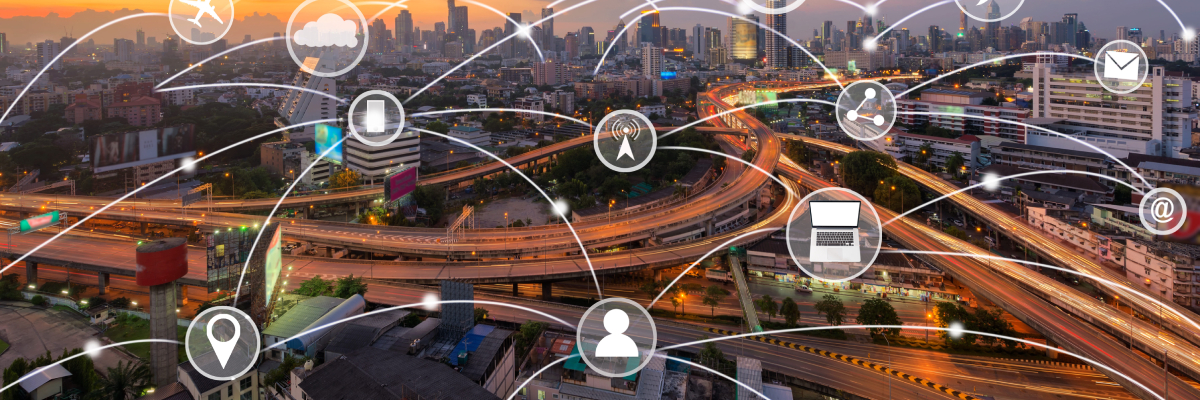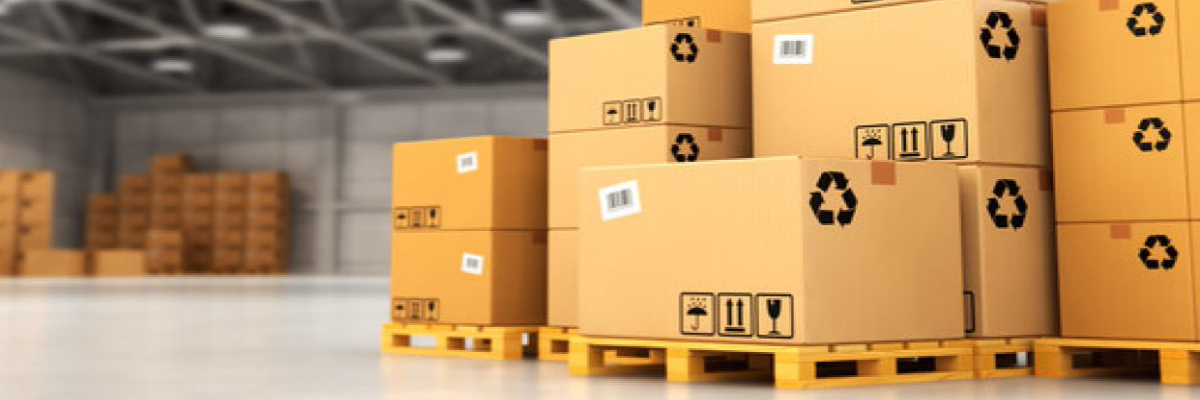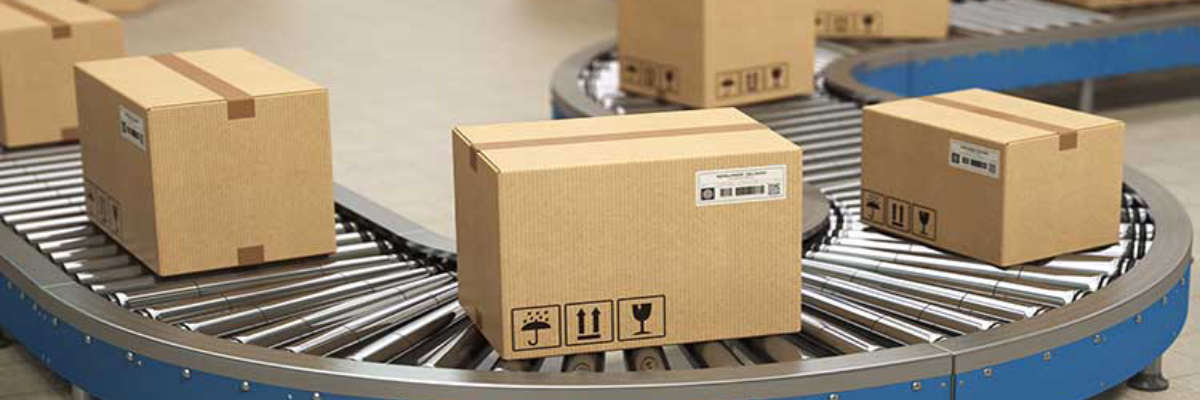Top Three Logistics Technology Trends to Watch in 2019

Monday, 22 July 2019 | Logistics Technology
Tides of digitalization have been sweeping into every sector and logistics is no exception. As digital transformation takes hold and customer expectations evolve, transportation and logistics (T&L) industry needs to respond to the changing markets proactively. Over the last few years, T&L industry has been experiencing substantial pressure to discover new ways to implement efficient, flexible and customized service at ever-lower costs. And that is why the logistics industry has learned to move from their cumbersome legacy approach to a digital strategy for reducing operating expenses and increasing efficiency. Smartphone applications and Global Positioning System (GPS) technology have already revamped the traditional aspects of the trucking industry. As T&L industry picks up pace with the technology innovation, it is time to explore the logistics technology trends of 2019.
1. Hyperconnectivity and Embedded Intelligence
As demand for connectivity between everything and everyone continues to rise, logistics industry is shifting its attention towards Internet of Things (IoT), Radio Frequency Identification (RFID) and Automatic Identification and Data Capture (AIDC) technologies. Numerous companies are already utilizing RFID tags to track their freight shipment journey and when coupled with an IoT application, enterprises can avail end-to-end visibility. With transparency becoming an integral aspect of customer experience, freight shipping companies should put more focus on increasing real-time visibility of their operations. Since the prices of RFID sensors and IoT devices has fallen dramatically, logistics providers and shippers can leverage these technologies without increasing the shipping costs. With the right IoT solution and AIDC technologies in place, logistics operators can capture and share mission-critical data in order to ensure maximum connectivity, improved cargo care and higher productivity.
2. Artificial Intelligence and Machine Learning
Logistics industry has been increasingly adopting automation technology and robotics to drive efficiency, eliminate waste, and most importantly save resources. Introduction of Artificial Intelligence (AI), Machine Learning (ML), data science and data analytics helps ramping up company efficiencies in the areas of predictive capabilities and contextual intelligence. Increased access to valuable data insights not only drives better decision-making, but also helps in achieving greater optimization and responsiveness across the industry. AI, ML and associated technologies can be leveraged to handle a wide array of variables and churn out logistical solutions. Automated warehousing, autonomous vehicles, robotic process automation (RPA) platforms, and smart roads are some of the major use cases of AI in logistics. Harnessing artificial intelligence and machine learning enables logistics operators to understand and interact with the world in a more efficient way, thus resulting in an enhanced ability to anticipate customer needs.
3. Big Data and Blockchain
Freight shipping companies manage an exponential flow of goods moving across the world through multiple touch-points via a complex network, thereby creating a multitude of data sets. As the number of smart connected devices is expected to increase steadily, data volumes will continue to grow at a rapid pace. Capitalizing on the value of information assets, Big Data and predictive analytics helps organizations harness data and identify new opportunities. Deriving meaningful insights from data and converting that knowledge into smarter business moves result in more efficient operations, higher profits and happier customers. Further, Blockchain technology is poised to revolutionize logistics and supply chain management with its key features such as data transparency, security, asset management and smart contracts. Offering unprecedented levels of operational transparency and traceability, blockchain technology addresses the major inefficiencies in the world of logistics and transportation.
Transportation and logistics industry is expanding and customer expectations are on the rise. In response, logistics companies are expecting techn-powered innovations to deliver significant productivity gains, enable greater visibility and enhance the customer experience. However, successful adoption of technology trends in the highly fragmented logistics industry will require greater collaboration between all stakeholders.





